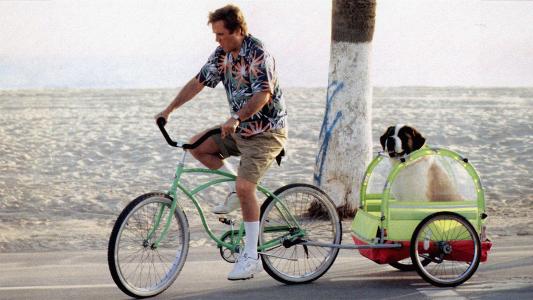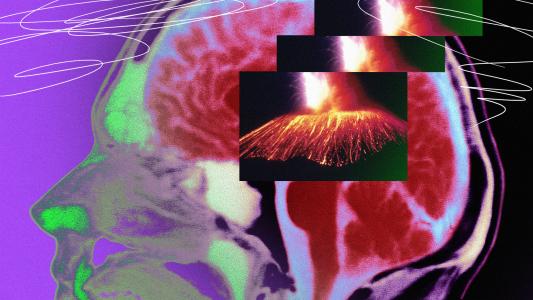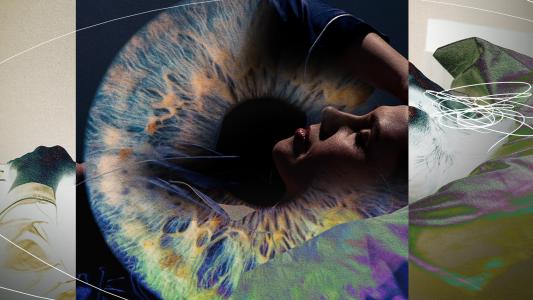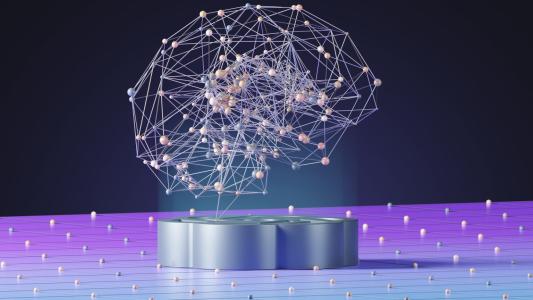Psychology
Want to feel better? Science says to care for your dog
Research shows that caring for your pets can improve your well-being, and that the act of caring provided more improvements than mere companionship
Solitude, without loneliness, can have mental health benefits
Spending some time alone (chosen or not) can be a chance to hit the reset button on your mental health — for the better.
How do stimulants actually work to reduce ADHD symptoms?
Stimulant drugs are thought to alter the activity of key neuotransmitters, dopamine and noradrenaline, in the brains of people with ADHD.
The centipede’s dilemma: Why overthinking is killing productivity
The centipede's dilemma refers to the phenomenon where becoming aware of one's own ability or competence can lead to tripping up.
Bad trips: Study examines the long-term adverse effects of psychedelic drugs
New research suggests that some users face long-term difficulties following psychedelic use, including emotional and social challenges.
Mindfulness: New age craze or science-backed solution?
Research shows mindfulness can be an effective wellness practice, yet the effect sizes found in studies tend to be moderate.
Insomnia and mental disorders are linked, but exactly how is still a mystery
The relationship between insomnia and mental disorders is complex. It’s not just a case of “which comes first"?
The psychedelic DMT causes the brain to become hyperconnected, scans reveal
Researchers gave 20 healthy subjects potent, intravenous doses of the psychedelic DMT and observed their brains. Here's what they found.
Dumbing down or wising up: how will generative AI change the way we think?
Artificial intelligence tools are now managing huge swathes of information on our behalf, potentially changing what and how we think.
A short history of insomnia and how we became obsessed with sleep
Insomnia is big business and getting bigger. When did sleep become so important, so elusive, and so expensive?









